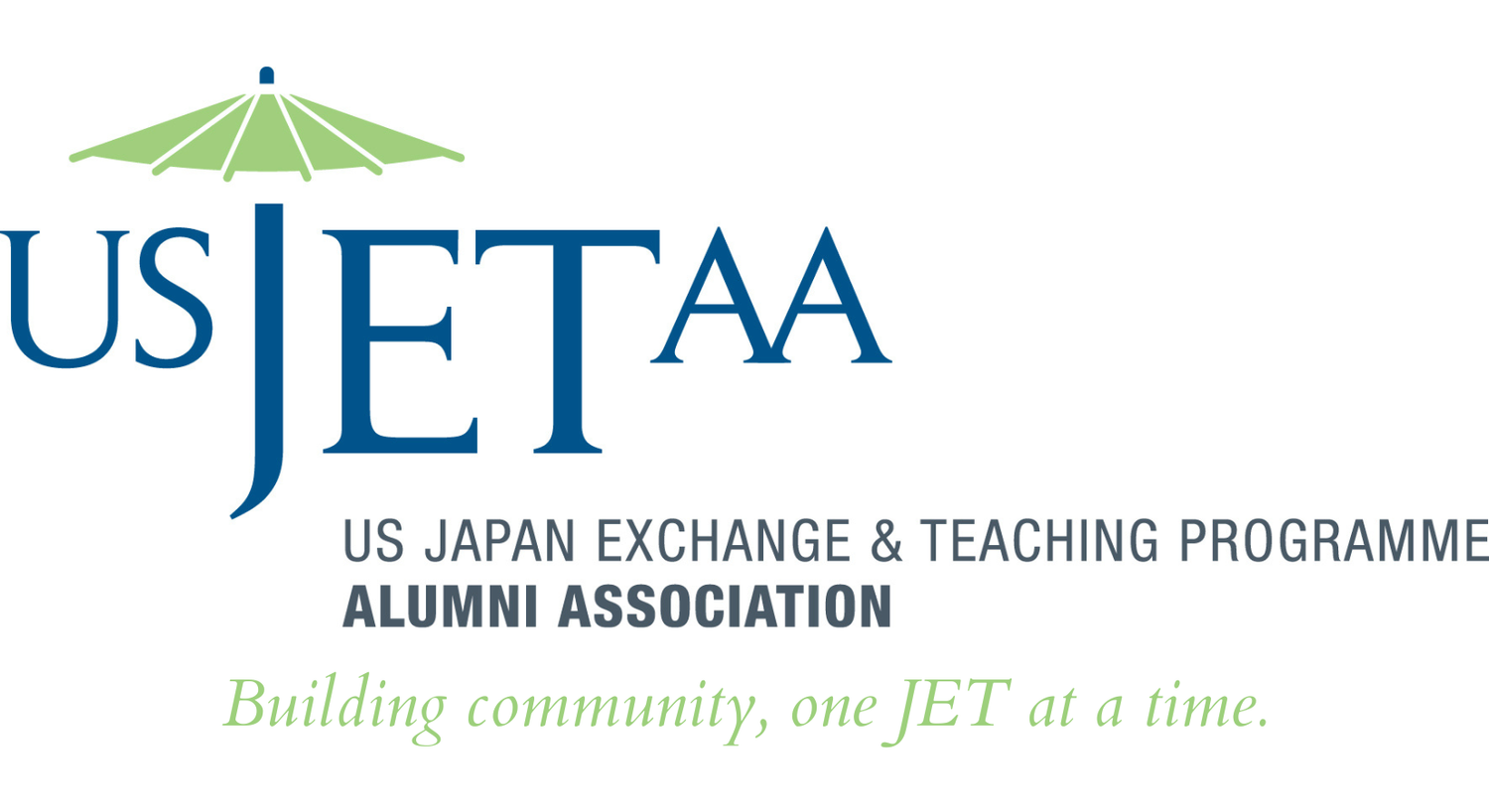To VLJ, or not to VLJ?
Kalista Pattison (Oita)
It's up to the majority of ALTs to facilitate their own Japanese language learning, which can seem rather daunting for folks who have never self-studied before. That's why JET Program ALTs are now offered an optional online language course called VLJ (Visual Learning Japanese) through CLAIR.
In addition to a very lengthy placement test, it offers beginner (N5), intermediate (N4), and advanced (N3) levels. It does the work for you, from choosing a textbook to providing mobile apps for on-the-go practice.
While this may sound great on paper, what happens if the textbook isn't right for you, the program is too outdated, or the apps aren't easy to use? There isn't much information on the web about this program, so AJET’s CONNECT magazine did the work to give you the in-depth scoop as to what the VLJ experience is actually like.
Reviews from Current JETs
“The VLJ course offered by the JET Programme has its issues, but I feel it is worth trying. I found that it was useful for reviewing content that I already knew, and it was good for holding me accountable. However, it did not suit my learning style very well, which is more of a personal issue. Although there is room for improvement, I like the fact that there is a free Japanese learning tool available to all JETs.” (Third-year ALT)
“The online system seems incomplete and neglected. The written material is decent for explaining grammar points, but beyond that there is little to appreciate. The videos are poor quality and often add little, or nothing, to the pre-existing material. The quizzes have occasional glitches that make them difficult to understand (e.g., The default language switches from English to Spanish, the question doesn’t match the answer, etc.). While I do understand this is free for JET participants, I can’t help but think that this is a poor showing of what could have been a great learning opportunity.” (First-year ALT)
“CLAIR's VLJ program offers a nice starting point for new Japanese language learners; however, in an ever-evolving world of technology, there are numerous free resources that offer higher quality studying materials compared to VLJ. Therefore, VLJ isn't an appealing option for new Japanese language learners.” (First-year ALT)
This article was published in partnership with AJET’s CONNECT magazine.


